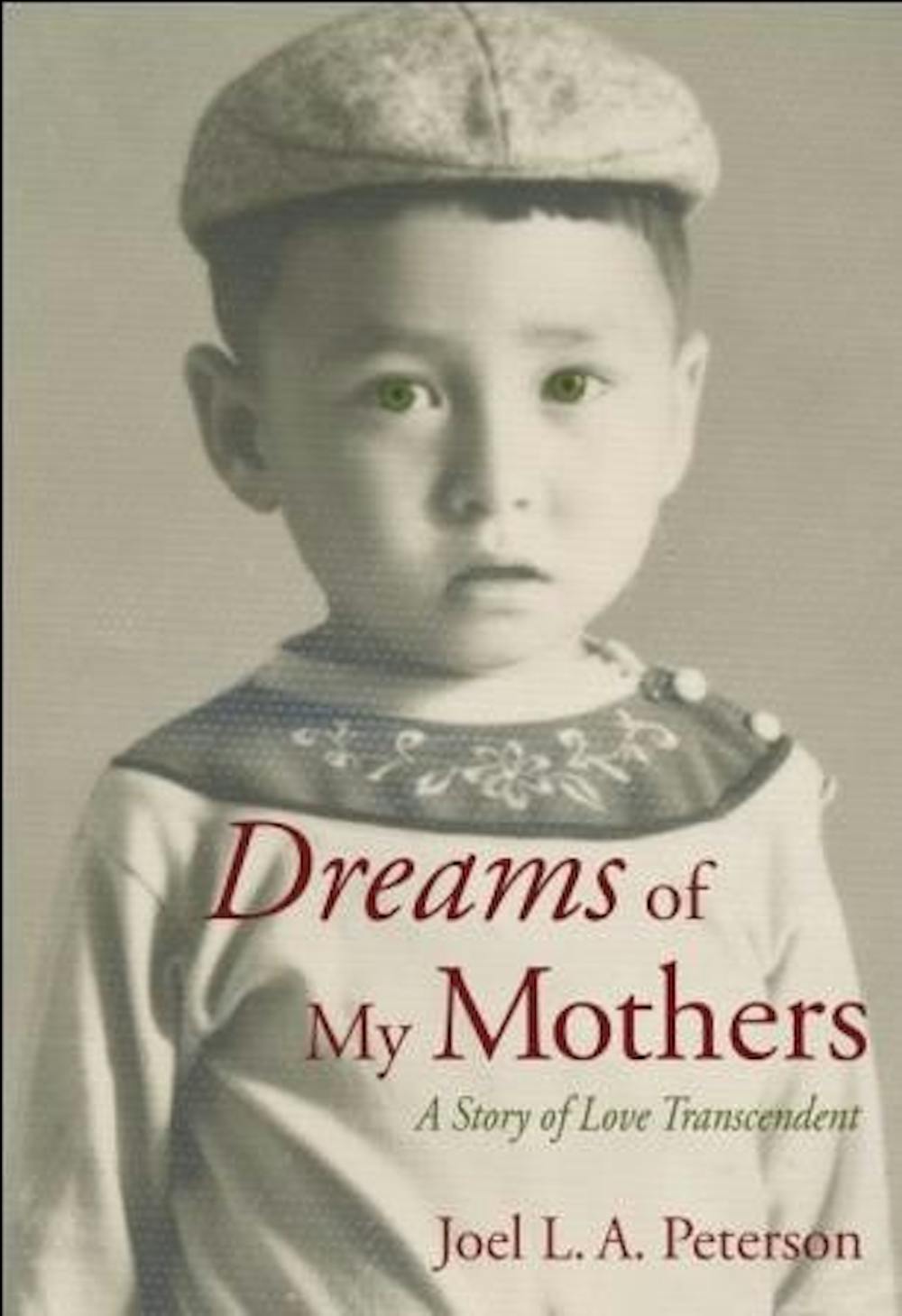Equally tragic and triumphant, the soon to be published novel “Dreams of My Mothers: A Story of Love Transcendent” describes the journey of an adopted Korean-American boy and his relationship with both his birth mother and his adopted mother. The novel — to be published in March — is based on the true story of author and University alumnus Joel. L. A. Peterson.
The story begins in 1963 post-civil war Korea, where a young and destitute Korean woman gives birth to an illegitimate son, for which she is marginalized. When her son is disfigured in a sudden accident, the mother realizes she will never be able to provide the life she wants for him and she decides on adoption. Halfway across the world, an American mother struggles with the premature birth of her child, and ultimately answers an appeal for adoptive parents in her church magazine.
“Dreams of My Mothers” recalls the true story of two mothers’ extraordinary love for the young boy who united them. These two women prove motherly love can truly transcend any type of distance — physical or cultural. A story of bravery, sacrifice, hardship and hope, this novel is sure to captivate readers, particularly those who have had experience with adoption.
In an interview with The Cavalier Daily, author Joel Peterson described his own life experiences, which directly translate into the novel. Peterson said he found his experience with the “small niche” of international adoption was one major reason he wrote the novel.
“Within that small niche, you have the strongest and closely and most powerfully held human themes and emotions … identity, family, culture, motherhood, loss and gaining of children,” he said. “It really captures all the most strong themes of human existence.”
Peterson credits his mothers — especially his adopted mother — with teaching him the important life lessons which allowed him to make the most out of his life.
“The key thing [my adopted mother] drilled into me is that, you are what you do,” Peterson said. “To everyone else, the only thing that exists about other people is we see. What you were in the past, you can’t change. You have no ability to actually influence what you are going to do in the future. So if you are what you do, then you have to do it — now.”
Despite his mother’s positive influence, Peterson said he experienced problems as a multiracial child growing up in a predominantly white, rural Minnesota neighborhood. Even as a student at the University, Peterson felt caught between groups; he was not an international student, yet he did not feel completely American. However, he said he believes the situation has improved since college.
“America’s not a melting pot — that’s the wrong analogy,” he said. “We’re really more of a tossed salad — where we do have this unifying American dressing, that gives us a unifying element, but you really do need tomatoes and bell peppers and mushrooms, and you wouldn’t expect one to meld into the other. Most of us don’t want just a puree, we like the distinctive flavors.”
Peterson recognized the University as a part of his success story.
“I am testimony that having the fortune and opportunity to attend an institution like U.Va. … opened doors to other places,” he said.
Peterson now runs a merger and acquisition advising firm after having worked for several flagship U.S. corporations. Recently, he started an educational support service company to create true growth and systemic change within the American education system, especially among disadvantaged students.
Peterson’s story provides a strong foundation for his gripping novel. He said he hopes his book will resonate with all readers who can find solace from their own personal obstacles in the incredible and singular power of “love transcendent.”





